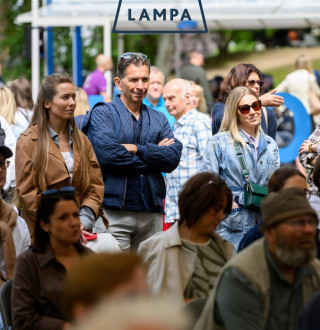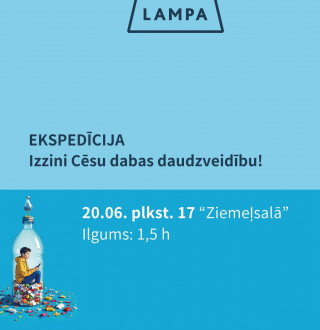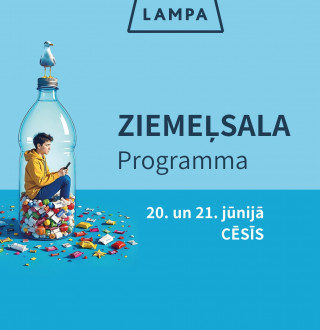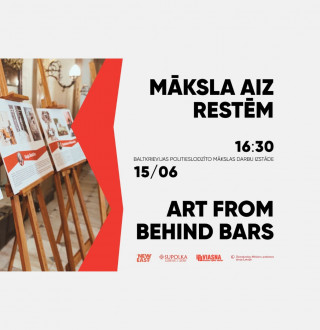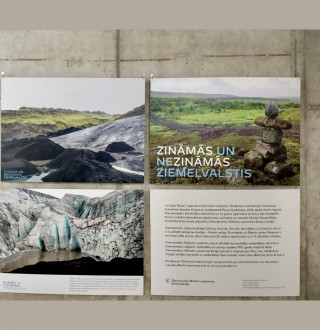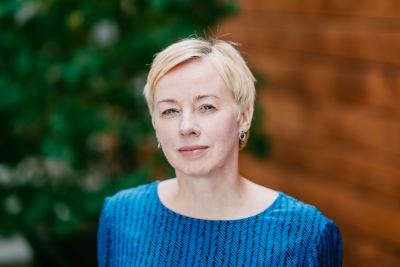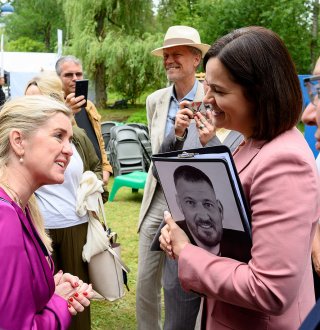Trust is a precious commodity in today’s world and a central theme in public discourse in Latvia as well as the Nordic countries. There seems to be a growing understanding of the importance of trust in a society, both between people and between citizens and political institutions. While the Nordic countries have been successful in cultivating trust and have a great deal of advice to share, they are not immune to challenges.
The Nordic Council of Ministers’ Office in Latvia has kept a close eye through the years on the relevant topic of trust in the local society and has highlighted the importance thereof via various initiatives. The most visible and extensive has been the report “Trust – the Nordic Gold” (In Latvian: “Uzticēšanās – ziemeļu zelts”) published in 2017 and turned into a range of local presentations in the following years. It gained a significant coverage in the local media, and the interview with Ulf Andreasson, the author of the report, was shown on the Latvian television and covered also by the public media online news outlet LSM.lv. The report covers the foundations and dynamics of trust within the Nordic societies, and the online version of the report is available for free (in Latvian).
Recognizing the importance of trust in a democratic country, the Nordic Council of Ministers’ Office, alongside Latvian stakeholders, facilitated further discussions on trust. This collaborative effort brought Nordic experts and researchers to seminars and conferences organised by local partners. The theme of trust was highlighted this year also at the festival LAMPA, which is the main local annual event for exercising the democratic right of discussion and facilitating participation of general public in the democratic processes. The topic – being so relevant and acute in Latvia – attracted the attention of the local media and was covered also by the privately owned online news channel Delfi.lv.
The Nordic–Baltic co-operation on this topic was continued with the organisers of the LAMPA festival – DOTS Foundation for an Open Society – later engaging in cooperation with Kai Alhanen, philosopher, and author of the book “Dialogue in Democracy”. He has a background in the Finnish Innovation Fund Sitra, where he worked with democracy and civic participation, and he has also created the Time Out model or the so-called dialogue model launched by the Dialogue Academy – a space for constructive discussion. The Nordic Council of Ministers’ Office in Latvia has in collaboration with DOTS invited Kai to Latvia on several occasions; also, to take part in a discussion about promoting democratic participation at LAMPA festival in 2023 and to train local dialogue moderators to put the Time Out method to action in Latvia.
The core of this model is the belief that true dialogues between people can increase understanding of a subject, of other people and of oneself, and that open and honest dialogues are needed to strengthen participation, equality, and freedom. Its purpose is to develop the skills of talking and listening to each other, to foster a sense of belonging and the belief that everyone has value and can influence national and societal developments.
In Finland, the dialogue model was supported by the Ministry of Finance, and during Covid-19, the method was used to engage citizens in the so-called lockdown dialogues – a platform for dialogue between citizens, government, and institutions. The concept has then been transformed into “National Dialogues”, and in 2023, the Latvian State Chancellery in cooperation with the Latvian Rural Forum organised conversations with people across Latvia on trust based on this model. The principal purpose was to come to an understanding of how people in Latvia feel, why mistrust prevails and how to build trust among people and between the state and society.
The findings of the conversations were presented in a summarised form at the conference* “Trust in society and trust in public authorities in Latvia” that took place at the Saeima on 27 October 2023. Members of the Latvian parliament, as well as NGO representatives and members of the general public together with Katju Holkeri from the Finnish government’s Public Governance Department were present at the event discussing the topic, indicating common “pain points” and acknowledging the work that still remains to be done on this matter. The presence of representative of the Finnish government highlighted the strategic co-operation and close exchange of knowledge and experience between the two countries.
Trust remains a topical concern for both Latvia and the Nordic countries. In Latvia, trust in political institutions and public administration is an ongoing challenge with one of the lowest ratings in Europe. Although, Nordic societies have also observed a decline in trust in recent years, the experience of the Nordic countries is invaluable to the Baltics, and the exchange of knowledge and best practices will continue to play a crucial role in building and maintaining trust in Latvia in the years to come.
* Additional information about the conference and the related resources are available here (in Latvian).
